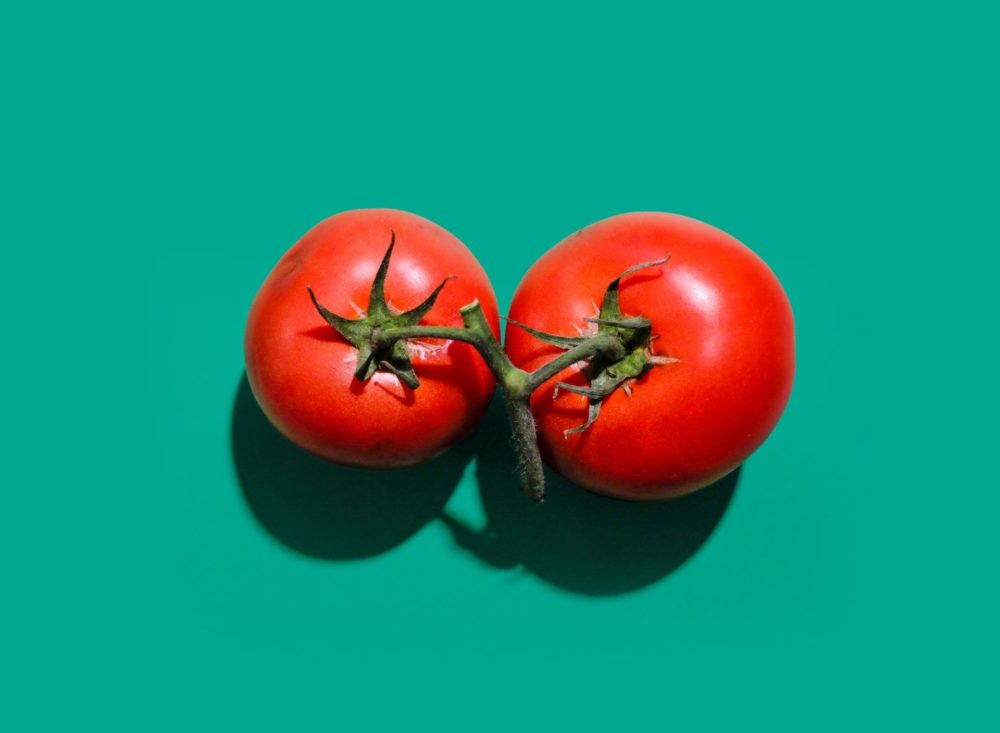US controlled environment agriculture (CEA) startup AppHarvest has announced a merger with NASDAQ-listed special purpose acquisition company (SPAC) Novus Capital, enabling it to go public.
The deal is slated to bring in $475 million in gross proceeds for Kentucky-based AppHarvest, including a private investment in public equity (PIPE) transaction worth $375 million from existing and new investors including Fidelity Management & Research Company, Inclusive Capital, and Novus. This commitment, at $10 per share, values the company at $1 billion.
“I can’t say this was the exact plan but what accelerated all of this was Covid-19,” AppHarvest CEO Jonathan Webb told AFN. “Typically, you would do 40 to 60 meetings to get a couple of investors. We had 22 meetings and had almost 20 ‘yeses.’ Very few passed on this deal and we eventually had to cancel meetings.”
Webb describes the SPAC transaction and PIPE financing experience as “absolutely phenomenal.”
A SPAC is formed with the sole purpose of raising capital through an IPO in order to acquire an existing privately-held company and take it public. Also referred to as ‘blank check companies,’ the mechanism has existed for several years but has received increased attention of late. This year alone, more than 50 SPACs have been formed in the US, collectively raising around $36.2 billion as of last month.
PIPE deals effectively allow institutional investors to buy larger quantities of public company stock, typically at a discount to public market prices.
“AppHarvest is a unique and compelling investment opportunity that is redefining American agriculture by improving access for all to fresh non-GMO produce, growing more with fewer resources, and creating an agtech hub from within Appalachia,” Novus chairman Bob Laikin said in a statement.
“With significant tailwinds from heightened investor focus on ESG initiatives and the secular shift to plant-based foods, we believe AppHarvest is well-positioned to execute on its strategy for rapid growth and value creation,” he continued.
AppHarvest — which raised $28 million in its Series C round in August — is launching what it describes as the world’s largest greenhouse later this year, consisting of a 2.76 million square foot facility in Morehead, Kentucky. The system it uses reportedly reduces water usage by 90% compared to traditional open-field agriculture, while also eliminating runoff.
Its first crop will be non-GMO tomatoes, which will be provided to a number of US grocers.
Other AppHarvest investors include TV cook Martha Stewart, VC veteran Peter Thiel, ValueAct Capital’s Spring Fund, Revolution’s Rise of the Rest Seed Fund, Equilibrium Capital, and Narya – the new VC firm co-founded by JD Vance, author of best-selling Appalachian memoir Hillbilly Elegy.
“We are about to plant our first crop in a 60-acre, controlled environment, chemical-free farm. No one else in America is doing something at that scale. Investors look at that,” Peter Halt, AppHarvest’s newly appointed chief financial officer, told AFN.
“We have a phenomenal growing team. We have a phenomenal team of sustainability experts. They’re looking at a company and even though its pre-revenue it has all the necessary ingredients to succeed.”
AppHarvest knows it’s far from being the only player in the CEA game. But it’s confident in its approach.
“We aren’t burning through cash with pointless R&D when we can buy incredible technologies over in the Netherlands,” Webb says.
“The other thing is scale. Part of it is that building big stuff fast in the US is very hard. You have to get permitting, communities’ [buy-in], state and federal support, infrastructure, inspections. What we’ve proven through a global pandemic is that we can build one of the largest facilities in the world on time, on budget, at a record pace.”
Moving forward, AppHarvest is focused on bringing its beefsteak and on-the-vine tomatoes to market. The first harvest at its Morehead facility is slated for early 2021. It hopes to expand into leafy greens, berries, cucumbers, and bell peppers in the future.





